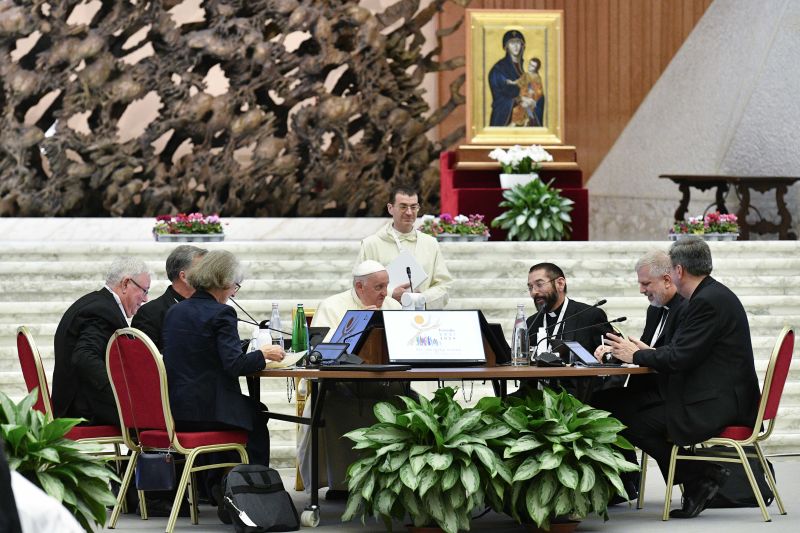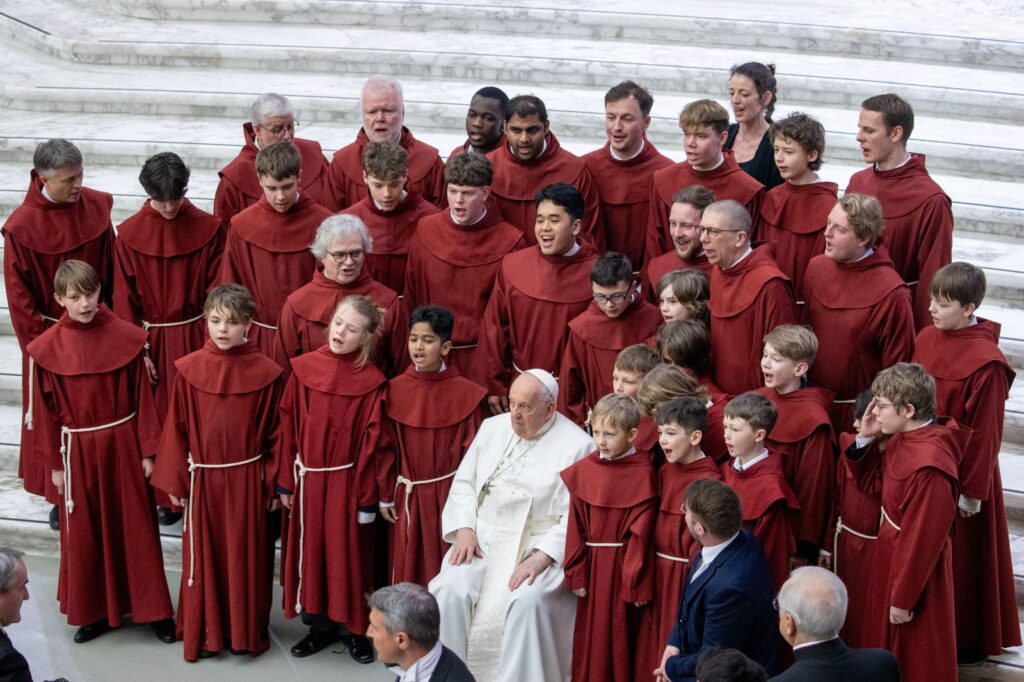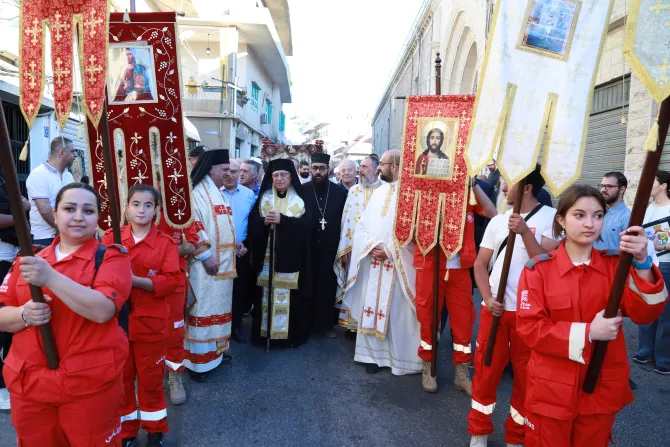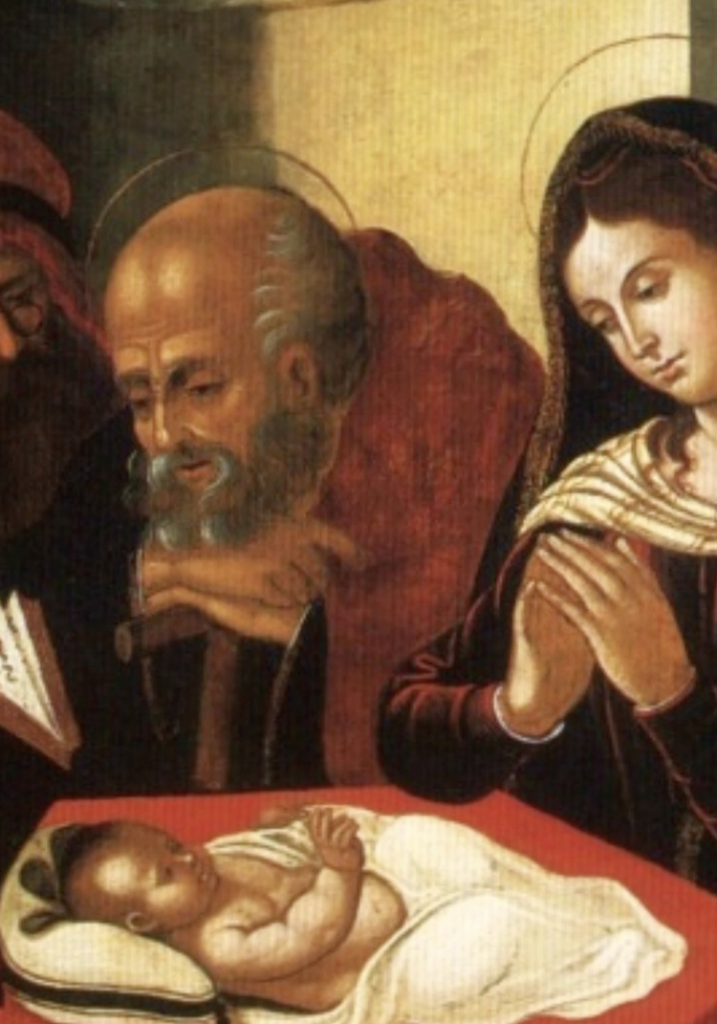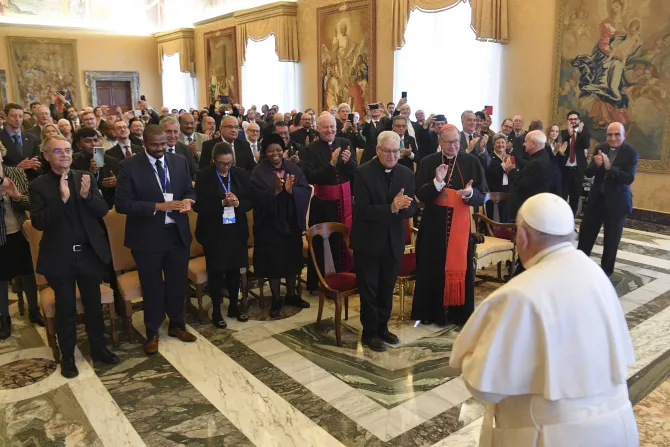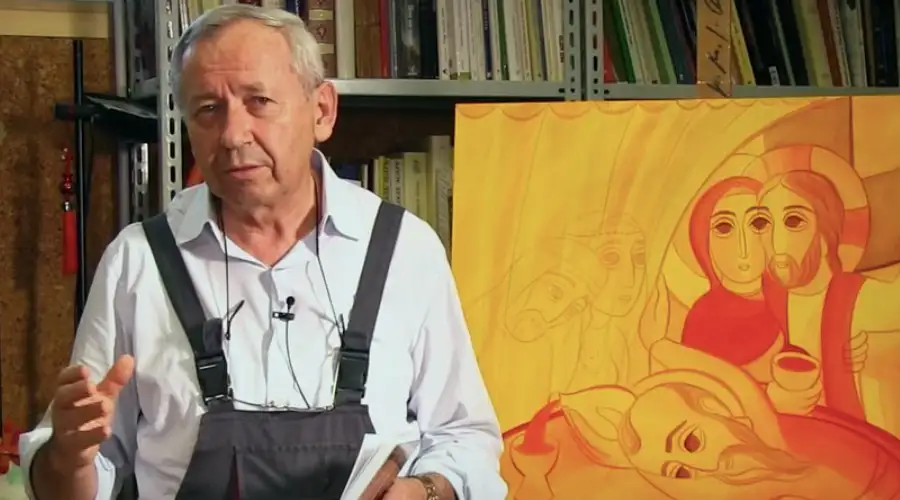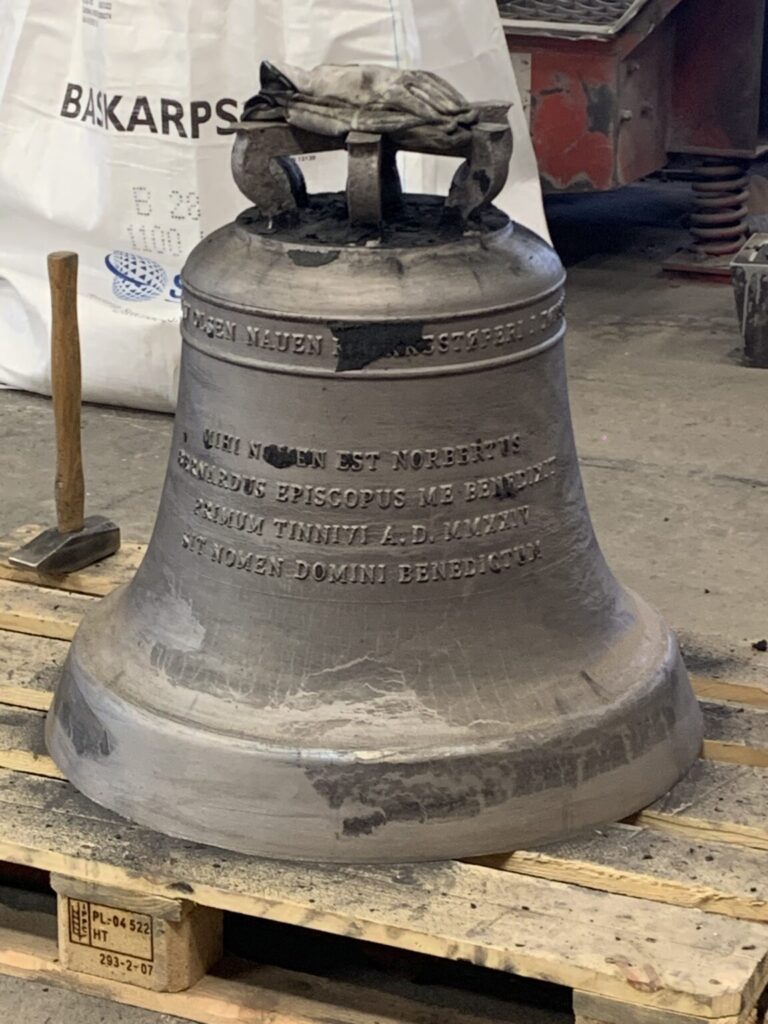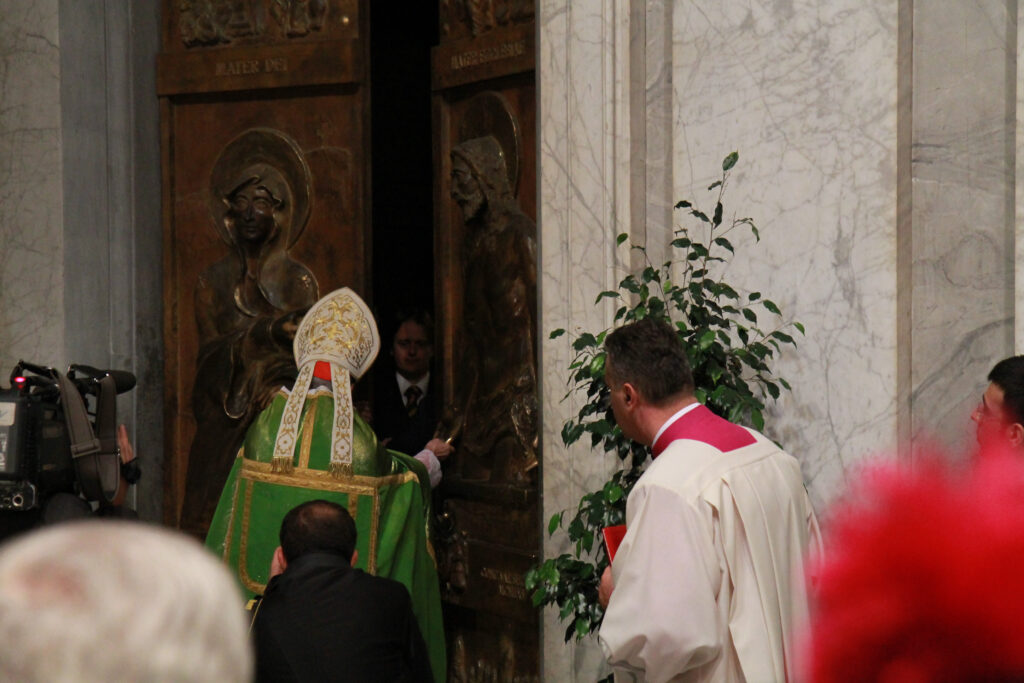Vatican City, Oct 14, 2023 / 11:55 am (CNA).
Small group reports from the Synod on Synodality won’t be made public — even though the documents have already been accessed by some journalists following an information security oversight.
The decision was communicated Saturday by Paolo Ruffini, president of the Synod’s communication commission, at a press briefing earlier today.
On Friday morning, The Pillar reported that it had accessed table reports and small group assignments via an unsecured server managed by the General Secretariat of the Synod. At the time, the Catholic news outlet said that access to the server could be accessed via a link, without the need to enter any credentials. The Pillar noted that it had notified Vatican officials immediately after its discovery, and access to the sever via the link was closed later that day.
Commenting on the mishap, Ruffini explained that Synod organizers had decided to make files available on the unsecured server after some members had had trouble accessing the secured server which required input of a password.
“The goal consisted in allowing every member to have access to information” necessary for full participation, he shared.
Following The Pillar report, organizers reinstated password-requirements, and will provide direct technical support to members having access issues going forward.
Citing the Pope’s request for “restraint” from media members covering the Synod, The Pillar did not publish the documents it obtained. But it is unclear if other media outlets likewise accessed and now possess the files.
While maintaining that there was nothing “secret” about the table reports, Ruffini described them as “confidential,” and said that making them publicly available would threaten the prayerful spirit of discernment sought by Synod organizers.
“This would turn our encounter to pray for discernment” into a sort of “public conference” or “parliament,” Ruffini said, referring to a characterization of the Synod that Pope Francis has criticized.
Ruffini was responding to a question on whether it was unfair that some media outlets have accessed the reports, while others are still in the dark.
Table reports from the Synod on Synodality, a monthlong assembly to consult Pope Francis on how the Church can better include all its members, have been the subject of intense interest over the past week. In a first for a Synod of Bishops, only certain members will focus on certain topics at their tables, raising concerns that the table reports on a given theme — such as controversial issues like “LGBTQ inclusion” or the possibility admitting women to the diaconate — will not be reflective of the entire assembly.
The table reports, in turn, will serve as a key basis for a summary of the Synod’s proceedings expected at the end of the month. In turn, the summary document will provide the starting point for a second Synod assembly in October 2024, which will provide final recommendations to the pope.
But while table reports from previous Synods have been made publicly available, they are being kept under wraps at the Synod on Synodality as part of the broader “media blackout,” requested by Pope Francis.
Ruffini also addressed other methodological questions surrounding the Synod.
Question about voting process
In response to a question on whether Synod members will be able to vote on individual proposals to be included in a summary document at the end of the month, or instead will simply vote on whether the document as a whole accurately reflects the month-long proceedings, he avoided a direct answer.
He did say, however, that reports of any Synod votes would not include any kind of differentiation between bishops and non-bishops.
“We are part of the same communion and the same Synodal assembly,” said Ruffini, in explaining why votes wouldn’t be distinguished, adding that the “common baptismal priesthood” is the basis for participation in the Synod. … which unites us all.”
In a first for a Synod of Bishops, a significant number of non-bishops, including women, have been given voting rights in the Synod. 27% of the Synod on Synodality’s 365 voting members are non-bishops, a fact that has led some question the legitimacy of whatever recommendations come out of the Synod.

